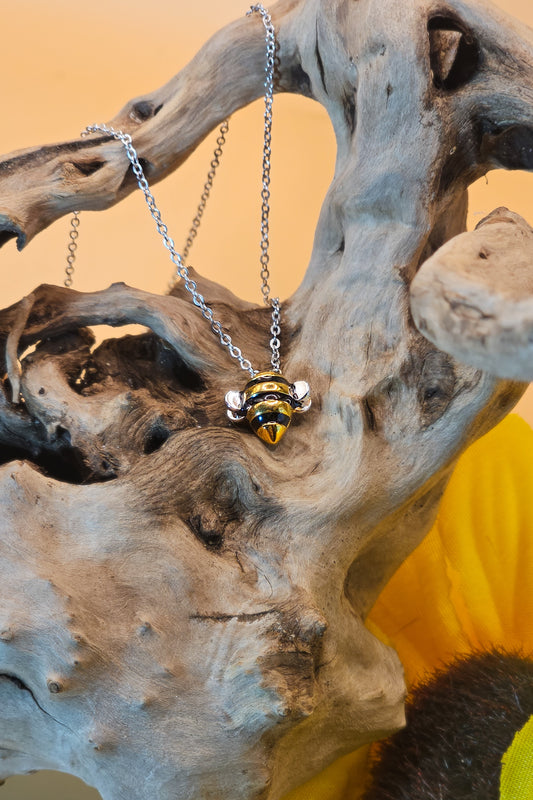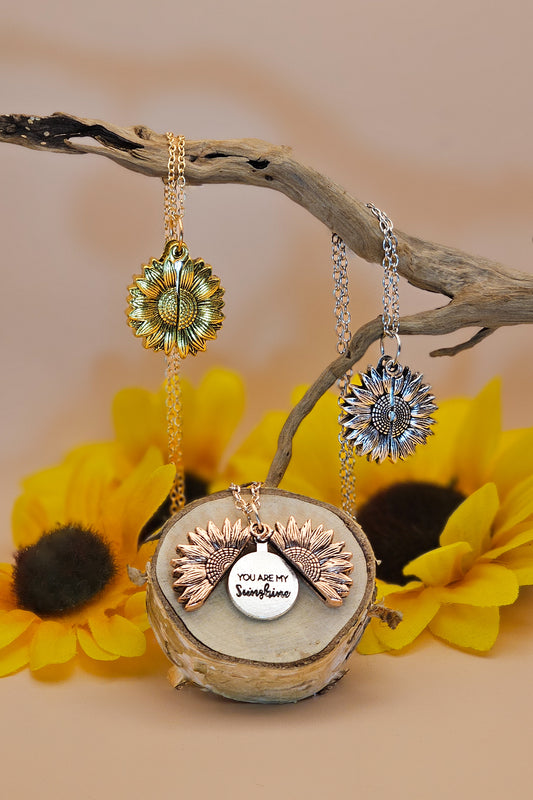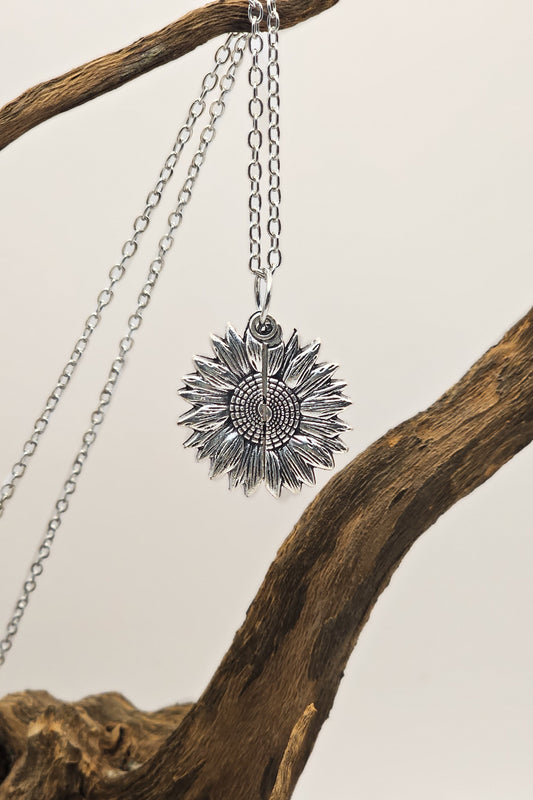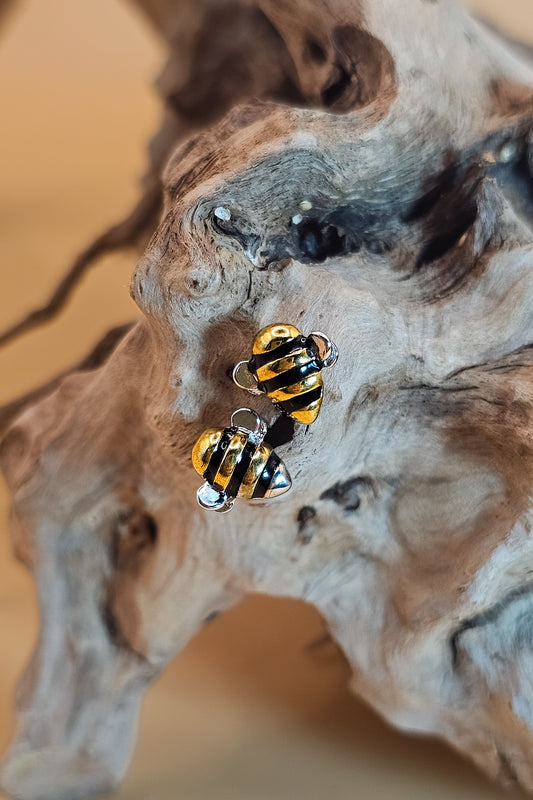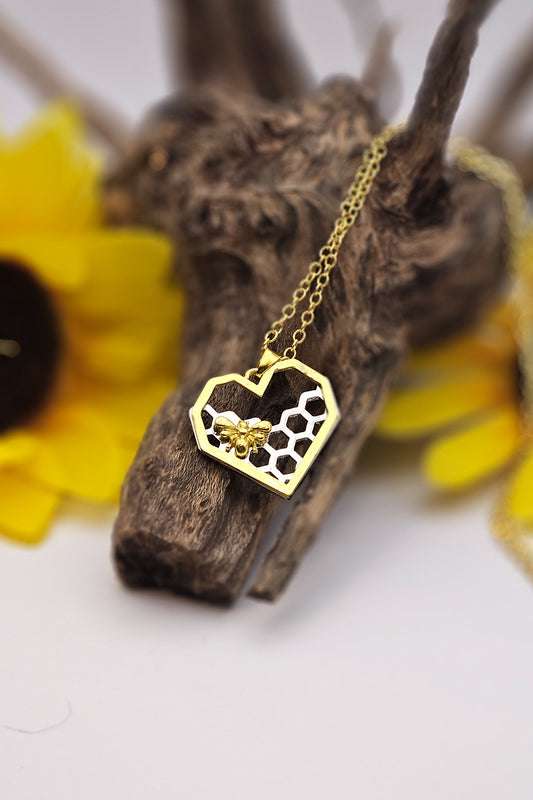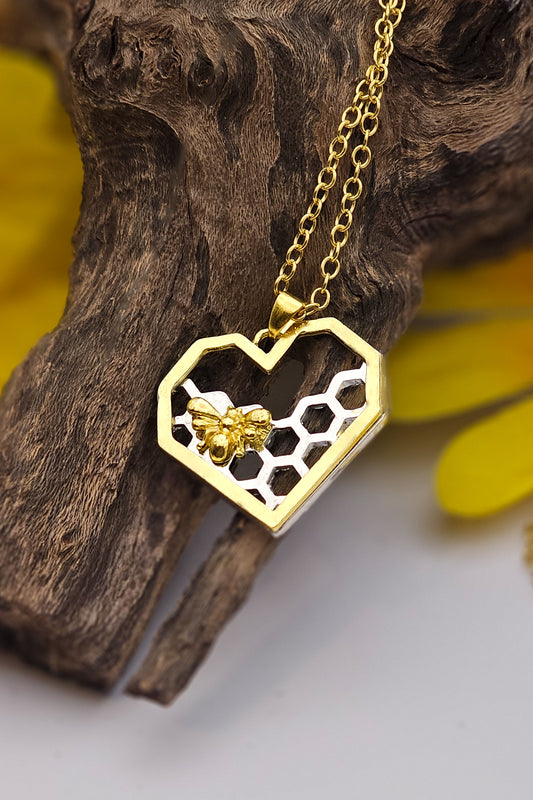Propolis is commonly known as bee glue.
Bees collect propolis, which is made from a form of sap or resin, from plants and trees, especially needle-growing trees like evergreens.
They take it home to the hive and mix saliva, enzymes, beeswax, sap, tree buds and other botanic matter. The resin is a sticky mixture said to be approximately 50% resin, 30% wax, 10% natural essential oils and 5% pollen.
They use it in building, defense and protection to strengthen the colony. Like masons, they repair cracks, smooth surfaces, or reduce the size of a wide entrance by packing propolis into place as a sealant to fortify the hive.
Propolis is anti-inflammatory, anti-fungal, anti-bacterial and anti-viral, so the bees use it as a sticky gluey substance that creates a clean and sterile environment.
Research indicates it can act as a natural antibiotic and has been used for thousands of years by many people for everything from healing an abscess to embalming.
Nowadays, humans use it to ease ailments and regenerate health. It is especially well suited for relief from wounds, cold sores and sores caused by genital herpes. There are ongoing studies about the role of propolis in dealing with cancer.
Many people take propolis as a supplement or cream, but research continues about the benefits and possible deterrents. If you eat honey, you have probably consumed at least trace amounts of propolis.
If you are allergic to propolis you will most likely have an eczema-like breakout reaction when you consume it.
Propolis is just another example of how bees are the ultimate alchemists. Propolis changes depending on where it comes from and which trees and plants grow there. European propolis will be quite different to Australian propolis.
Research indicates that there are over 300 compounds in propolis, mostly polyphenols (flavonoids) which are protective antioxidants. They fight disease and physical decay.
This is just another amazing gift from the honeybees. They make it for their own uses and needs, but it also benefits humans.
Do you have a personal 'propolis story' to share? Buzz over to our Facebook page and tell us all about it.


